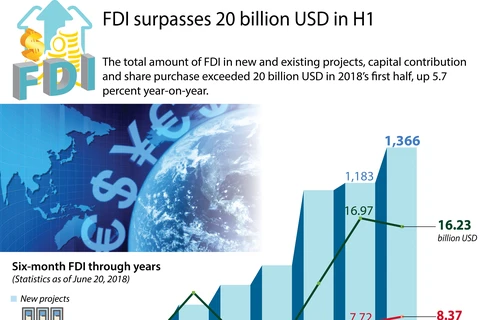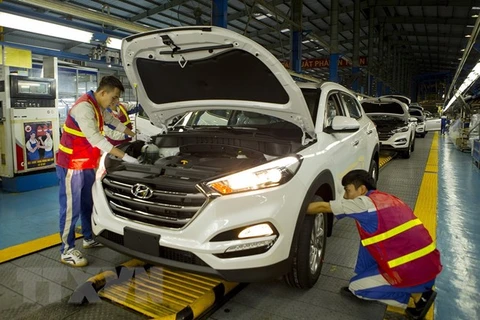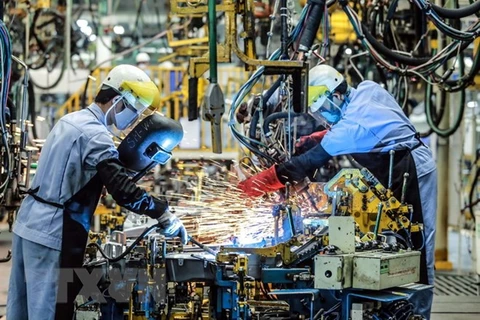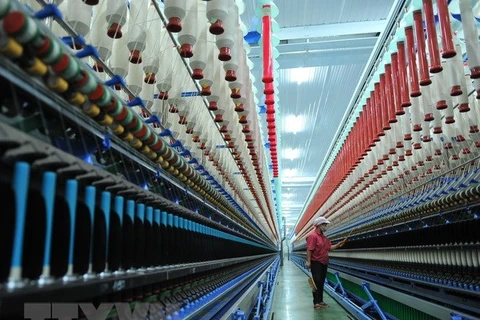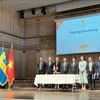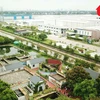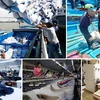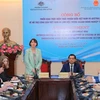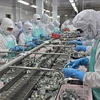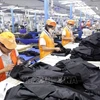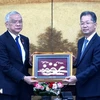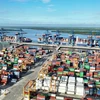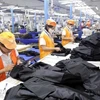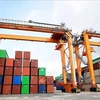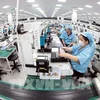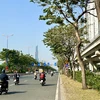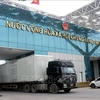Hanoi (VNA) – This year marks 30 years since foreign direct investment (FDI) first entered Vietnam. Since then, FDI has contributed to the country’s socio – economic development by boosting exports, enriching the State budget and shifting the economic structure.
However, Deputy Minister of Planning and Investment Vu Dai Thang said FDI is still used inefficiently, with no breakthroughs in quality and volume recorded, and the country will need to make a strategic change to attract next-generation FDI.
According to Nguyen Noi, deputy head of the Foreign Investment Agency (FIA) under the Ministry of Planning and Investment, as of late June, registered FDI in Vietnam totalled 331.2 billion USD, with 180.7 billion USD disbursed.
Manufacturing and processing attracted the lion’s share of foreign investment, with 189 billion USD, accounting for 57.1 percent of the total. It was followed by real estate, with 56.2 billion USD or nearly 17 percent of the total.
Currently, 128 nations and territories are investing in the country, with the Republic of Korea topping the list in terms of value, followed by Japan, Singapore and China’s Taiwan.
However, experts said Vietnam has yet to make a breakthrough in FDI attraction and use. The pervasive influence from the FDI sector on the domestic sector remains limited, not enough foreign investment has been draw into new technologies and links between FDI enterprises and domestic projects are weak.
According to the Ministry of Planning and Investment’s report on next-generation FDI attraction for 2020-2030, most foreign investors are drawn by low workforce costs and incentives. However, the lack of skilled labourers is a barrier to growth, while the shortage of supply chains, quality suppliers and effective policies reduce corporate competitiveness.
To improve FDI attraction, Nguyen Mai, President of the Vietnam Association of Foreign Invested Enterprises, suggested Vietnam change its way of thinking in foreign investment attraction.
He proposed changing foreign investment plans by stepping up investment promotion, not promoting investment on a large scale as at present.
Wim Douw, senior expert on trade and investment policies at the World Bank, stressed the need for Vietnam to have a new policy framework that prioritises high-quality FDI projects.
Economists recommended Vietnam build a business environment that matches corporate demand in the digital era.
It is also necessary to improve workers’ skills, review preferential policies and open the door to several important service sectors to improve competitiveness and growth.-VNA
VNA

